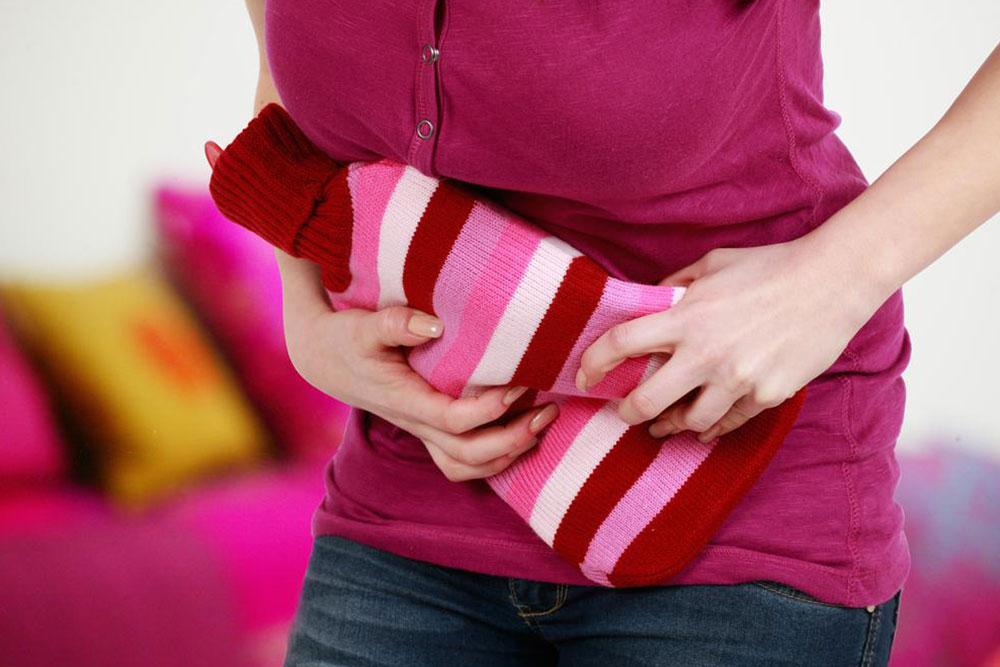The most common overactive bladder symptoms
An overactive bladder (OAB) is a condition where one finds it extremely difficult to hold the urine on a regular basis, which results to multiple trips to the bathroom. OAB is currently one of the most common health problems. It affects over 33 million Americans.
Having an OAB can significantly alter one’s lifestyle as it negatively influences their thought process. People with OAB can often develop behavioral problems like anxiety, depression, and extreme mood swings which lead can even lead to insomnia or increased susceptibility to other physical complications.

The following are the most common symptoms observed in an individual if they are suffering from OAB.
An uncontrollable urge to pass urine which is usually sudden and can happen at any time of the day. This can even happen when one has consumed no fluids.
An abnormal (increased) frequency of urination, i.e., an urge to urinate more than eight times a day. In such cases, a person has to make several trips to the bathroom even when they don’t have a full bladder.
Experiencing minor urinary leakage or completely losing control of the bladder is an obvious sign of something going wrong.
Urine leakage while indulging in a physical activity like running or cycling.
Nocturia is when a person has to get up to urinate frequently during the night. This could happen often as a person ages. But if this cycle occurs for more than two or three times a night, then it might be one of the OAB symptoms.
A person who is combating with an OAB may have one of these symptoms or a combination of them. The latter is especially true for older individuals. If you happen to have any of these symptoms, it will be a smart move to consult a doctor immediately. They can help you manage your incontinence and also assist you to recover mentally.
Usually women tend to be more vulnerable to OAB syndrome, mostly because of pregnancy. While carrying a child, the additional weight can significantly alter the bladder’s mechanisms and cause it to lose its elasticity. Similarly, even the elderly are highly affected by OAB. This is because, as they age, their body’s ability to withhold urine diminishes. And like every other organ in their body, bladder functions also weaken in time.
OAB symptoms can often be developed if the patient is already dealing with a medical problem like a spinal cord injury, Parkinson’s disease, diabetes, strokes, obesity, dementia, urinary tract infection, prostate enlargement, tumors, etc.



